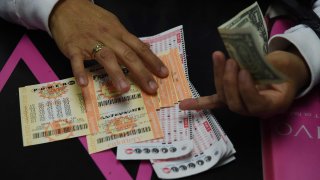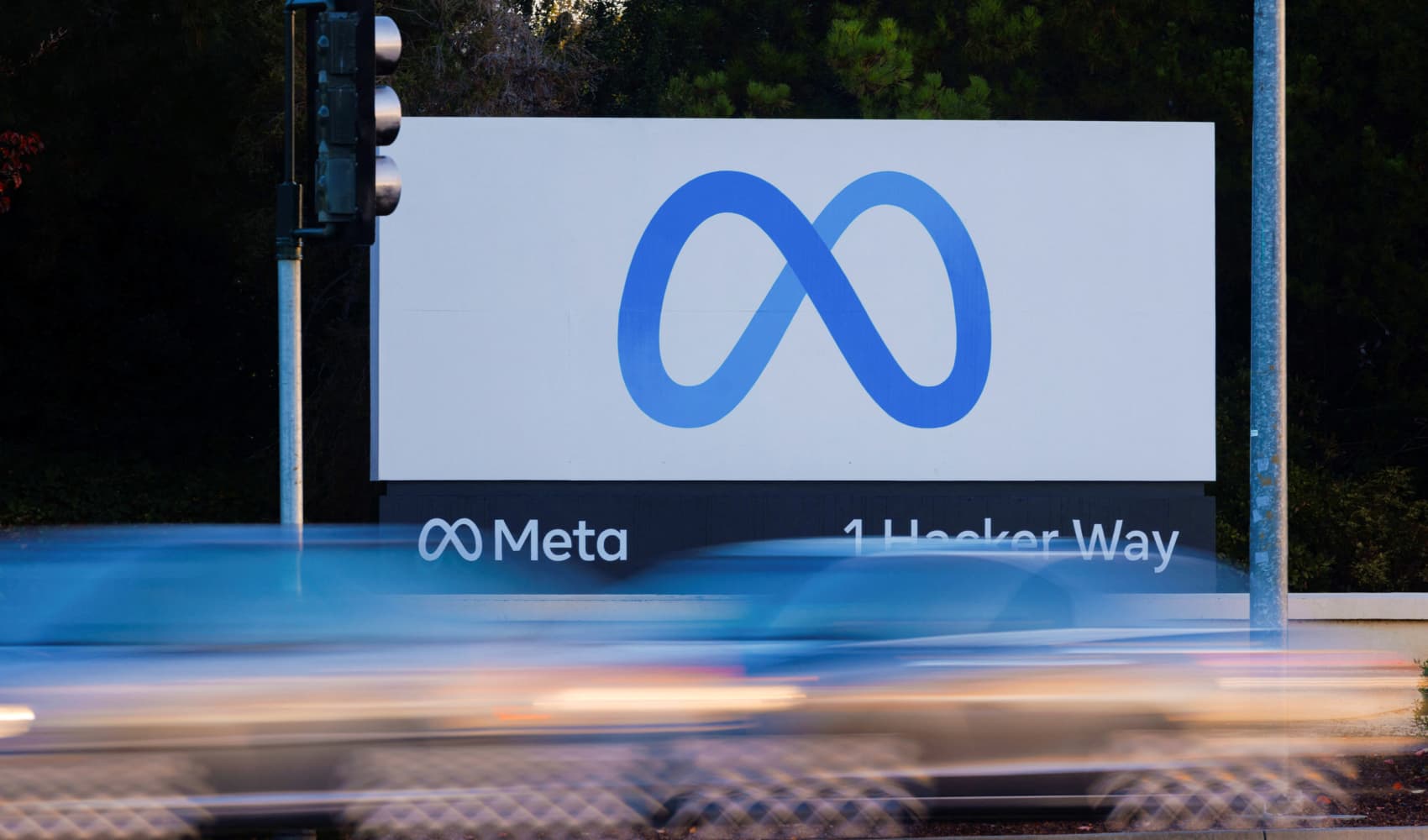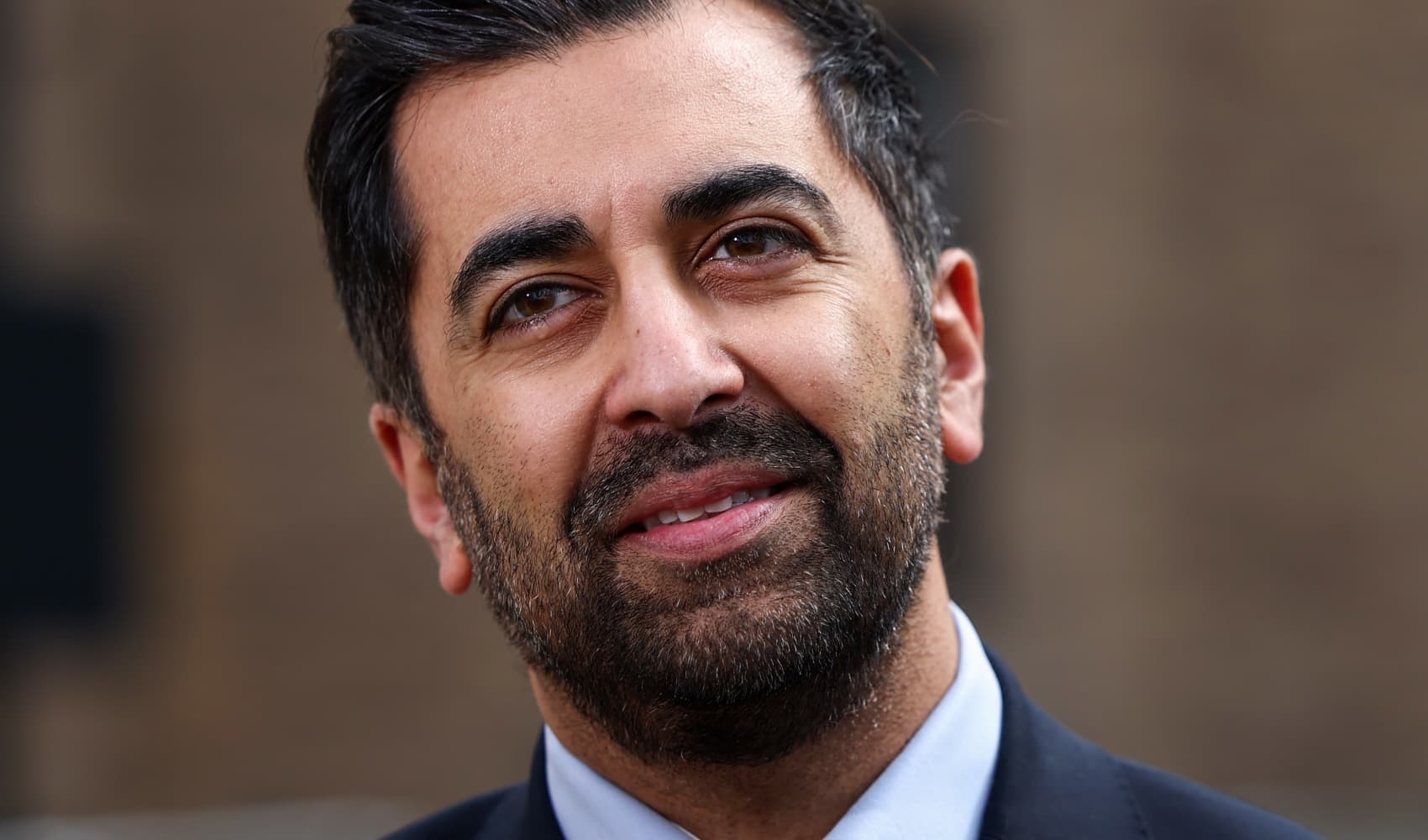
- The Powerball jackpot has been climbing since Aug. 3 and ranks as the largest lottery prize ever.
- The cash option — which most jackpot winners choose over an annuity — is $929.1 million.
- A 24% withholding would shave $223 million right off the bat, and more would likely be due to the IRS at tax time.
Whoever is the next jackpot winner in Powerball will be looking at the largest lottery prize ever awarded.
The tax bill will also be pretty impressive.
After no one hit all six numbers drawn Saturday, the Powerball jackpot headed higher. For Monday night's drawing, it's now an estimated $1.9 billion if taken as an annuity spread over three decades and $929.1 million if received as an upfront, lump sum of cash — that's nearly a $1 billion difference.
Get Boston local news, weather forecasts, lifestyle and entertainment stories to your inbox. Sign up for NBC Boston’s newsletters.
More from Personal Finance:
Here are the first 3 steps to take if you lose your job
How your credit score affects the cost of a car loan
Affluent consumers embrace second-hand shopping
These days, the annuity option is bigger than it previously was, relative to the cash option, due to the higher interest rates which make it possible for the game to fund larger annuitized prizes, according to the Multi-State Lottery Association, which runs Powerball. The cash option, however, is driven by ticket sales.
Money Report
The top prize has been rolling higher through thrice-weekly drawings since Aug. 3, when a ticket bought in Pennsylvania matched all six numbers drawn to land a $206.9 million jackpot.
For starters, $223 million would be withheld
So what would that tax bill be if you were to hit the motherlode?
Assuming you were like most winners and chose the cash option, a 24% federal tax withholding would reduce the $929.1 million by $223 million.
However, more would likely be due to the IRS at tax time. The top federal income tax rate is 37% and this year applies to income above $539,900 for individual tax filers and $647,850 for married couples. Next year, the top rate is imposed on income above $578,125 (individuals) and $693,750 (married couples).
This means that unless you were able to reduce your taxable income by, say, making charitable donations, another 13% — or about $120.8 million — would be due to the IRS. That would translate into $343.8 million going to federal coffers in all, leaving you with a $585.3 million.
State taxes might also be due, depending on where the ticket was purchased and where you live. While some jurisdictions have no income tax — or do not tax lottery winnings — others impose a top tax rate of more than 10%.
Meanwhile, if you were to choose the annuitized amount, it would be taxed as it's distributed each year and would be subject to then-current tax rates.
The chance of a single ticket hitting the Powerball jackpot is about 1 in 292 million.
That's a tad better than the 1 in 302 million chance that comes with Mega Millions, whose top prize is $154 million ($74.7 million cash) for Tuesday night's drawing.






